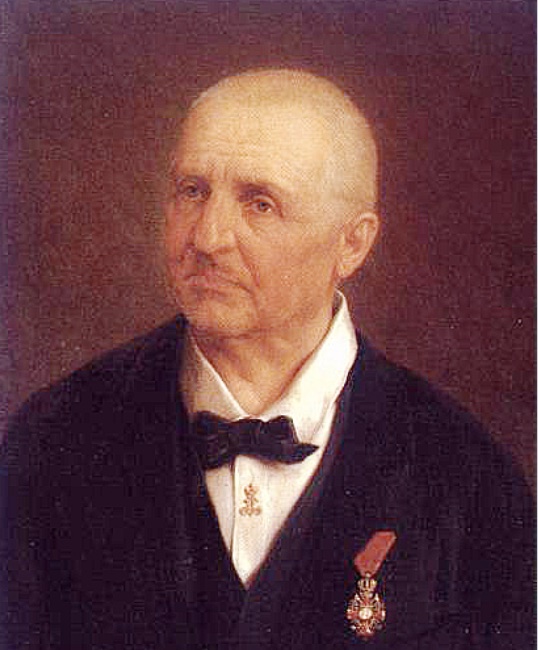
Anton Bruckner (1824-1896) was born on September 4, 1824, in Ansfelden, Austria, which was then part of the Austrian Empire. He came from a humble background and showed an early aptitude for music, learning to play the organ and violin as a child. His musical talents led him to study at the Augustinian monastery in St. Florian, where he served as an organist and choirboy. He later studied music and composition at the Vienna Conservatory, where he had the opportunity to learn from renowned teachers like Simon Sechter and Otto Kitzler.
Bruckner’s early compositions include choral music, organ works, and chamber music. He gained recognition as an organist and served in various church positions throughout his life, profoundly influencing his compositions that reflect his devout Catholic faith in their spiritual and mystic themes.
However, his eleven symphonies, characterized by their monumental scale, rich harmonies, and intricate counterpoint, are the most celebrated aspect of his output. These compositions reveal the deep influence exerted by the music of Ludwig van Beethoven and Richard Wagner.
During his lifetime, Bruckner’s music faced mixed critical reception. Some critics praised his work for its originality and emotional depth, while others found it challenging and unconventional. Yet, in the years following his death in Vienna, on October 11, 1896, his symphonies gained greater recognition and are now considered masterpieces of late Romanticism. These symphonies and some of his other compositions continue to be performed and studied by musicians and music enthusiasts around the world, cementing Bruckner’s place as one of the most significant composers of the late 19th century.
